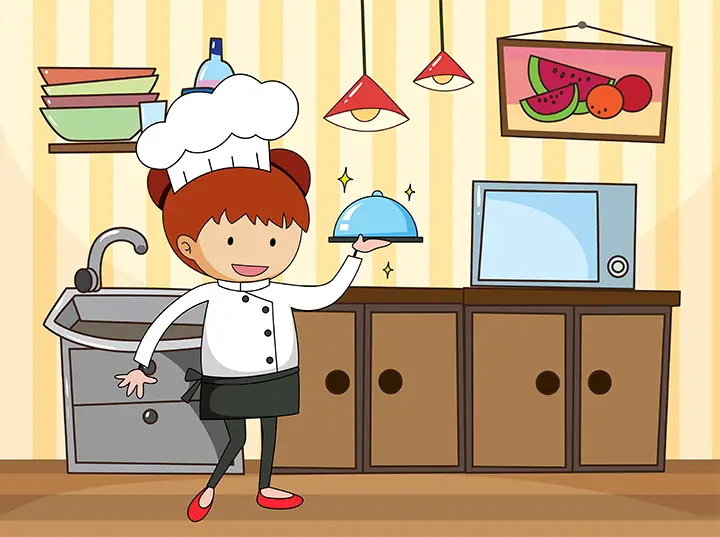A Comprehensive Guide to Troubleshooting Coffee Machines
Coffee machines can be a great convenience for starting your day, but when problems arise it can be a challenge to know what to do. When it comes to diagnosing and fixing issues with coffee machines, it’s important to understand a few basic tips and tricks. This guide will provide helpful information on how to troubleshoot common problems with coffee makers.
One of the most common issues with coffee machines is a lack of pressure. If the brewing process is taking a long time, the cause might be a clogged filter or an accumulation of scale in your machine. To fix this, gently scrub any buildup from the filter, and then descale your machine by running white vinegar or another descaling solution through the brewer.
If you experience a water leak or overflow, this is likely caused by a clogged or damaged water tube or pump. Try locating any blockage or damage in the water inlet valve, the float valve, and the water tube. If you find blockage in the tube, carefully remove it using a narrow brush or pipe cleaner, and then flush the entire tube system with warm water. For any other damage, you may need to replace the part.
Additionally, if you are having trouble getting your machine to power on, make sure it’s connected to a power source, and that all the wiring is properly connected. If the machine still doesn’t turn on, check the fuse or circuit breaker, and replace the fuse if it’s blown.
Finally, if your coffee tastes poor, it could be due to old coffee grounds, a clogged filter, or poor-quality water. Make sure to use filtered water and freshly grounded coffee beans, and replace the water filter to maintain optimal flavor.
By following these tips, you can easily troubleshoot common issues with your coffee machine and keep it running like new. If you need additional assistance, however, consider reaching out to an appliance repair technician. Our Directory of Appliance Repair Technicians can help you quickly find a qualified, experienced professional to help.
Common Problems with Coffee Machines and How to Fix Them
-
What are common problems that can arise with coffee machines? Common problems that can arise with coffee machines include not having enough water in the tank, a clogged milk frother, grounds sticking in the filter, misshapen coffee grounds, a worn-out water filter, and improper brewing temperatures.
-
Why is it important to keep a coffee machine clean? It’s important to keep a coffee machine clean to prevent mold and bacteria from forming, which can lead to unpleasant tastes and smells in the coffee. A dirty machine can also cause problems with brewing, such as clogging and decreased performance.
-
What is the best way to maintain a coffee machine? The best way to maintain a coffee machine is to clean it regularly and to use filtered water if possible. Also, be sure to check the machine’s filter and water level often and replace any worn-out filters or parts.
-
What should I do if my machine isn’t producing enough pressure? If your machine isn’t producing enough pressure, then first check if the water tank is full and if the filter or grounds are clogged. If that doesn’t work, then try descaling the machine with citric acid and testing the pressure valve.
-
What should I do if there’s too much pressure and the coffee is over-extracted? If there’s too much pressure and the coffee is over-extracted, then you should reduce the grind size or amount of coffee grounds you’re using. You can also try lowering the brewing temperature or selecting a finer filter size.
Key Takeaways: Troubleshooting Coffee Machines
- Lack of pressure in the brewing process can be fixed by descaling the machine with white vinegar or another descaling solution, and gently scrubbing any build up from the filter.
- If there is a water leak or overflow, look for blockages or damage in the water inlet valve, float valve, and water tube. If there is blockage in the tube, carefully remove it using a narrow brush or pipe cleaner and flush thoroughly with warm water.
- If the machine isn’t turning on, make sure it’s connected to a power source, and check the fuse/circuit breaker and replace if needed.
- Poor coffee taste can be caused by old coffee grounds, a clogged filter, or poor-quality water - use filtered water and freshly grounded coffee beans, and replace water filter regularly.
- If needed, reach out to an appliance repair technician to get additional assistance - our Directory of Appliance Repair Technicians can help you to find a qualified professional.
